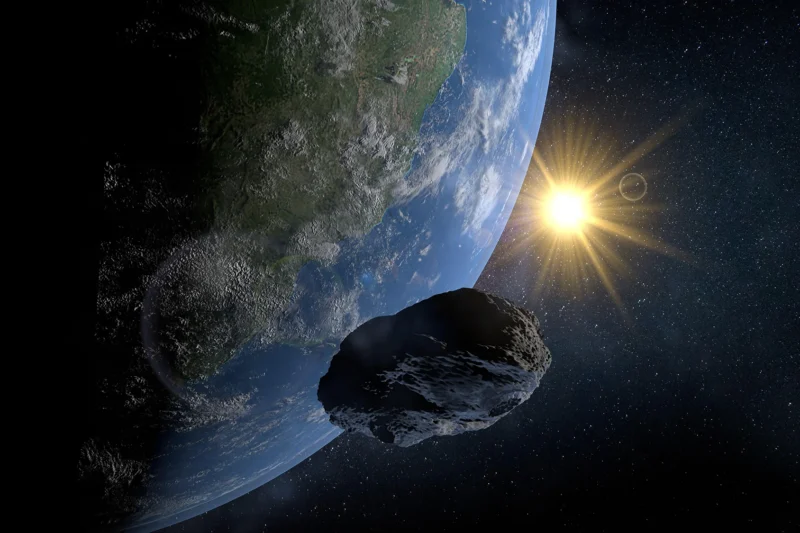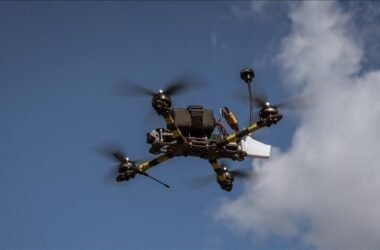Initial concerns over asteroid 2024 YR4 colliding with Earth have been all but eliminated, as new data lowers the impact probability to just 0.0017%.
The asteroid, once estimated to have a 3.1% chance of hitting the planet, is now considered negligible in risk, allowing scientists and the public to breathe a sigh of relief.
Discovered earlier this year, the asteroid sparked widespread alarm due to its potential destructive force. Measuring between 40 and 90 meters (130-300 feet) wide, an impact could have released energy equivalent to 7.8 megatonnes of TNT, enough to cause significant regional damage. While far smaller than the asteroid that wiped out the dinosaurs, 2024 YR4 prompted a planetary defense response, leading experts to track its trajectory closely.
NASA’s latest calculations confirm that the asteroid now has a 99.9983% chance of missing Earth, placing it at zero on the Torino impact hazard scale, which ranges from no risk (0) to global catastrophe (10). Experts anticipated this outcome, as initial probabilities for newly discovered asteroids often fluctuate before additional observations refine their paths.
“This asteroid was a good demonstration of why we have these procedures, and of them working as expected: a higher than normal – but still very low – risk triggered further observations and planning, and these observations let us rule out an impact,” said Colin Snodgrass, a professor of planetary astronomy at the University of Edinburgh.
Snodgrass also noted that such alerts are likely to become more frequent as advancements in observational technology improve asteroid detection. “We should get used to alerts like this – as the new Vera Rubin Observatory starts scanning the skies later this year we will find many more asteroids, and some will no doubt require further attention to rule out impacts,” he said.
Far from being a reason for panic, Snodgrass emphasized that these improvements in detection technology mean humanity is better equipped to spot potential threats in time to take action if necessary.




